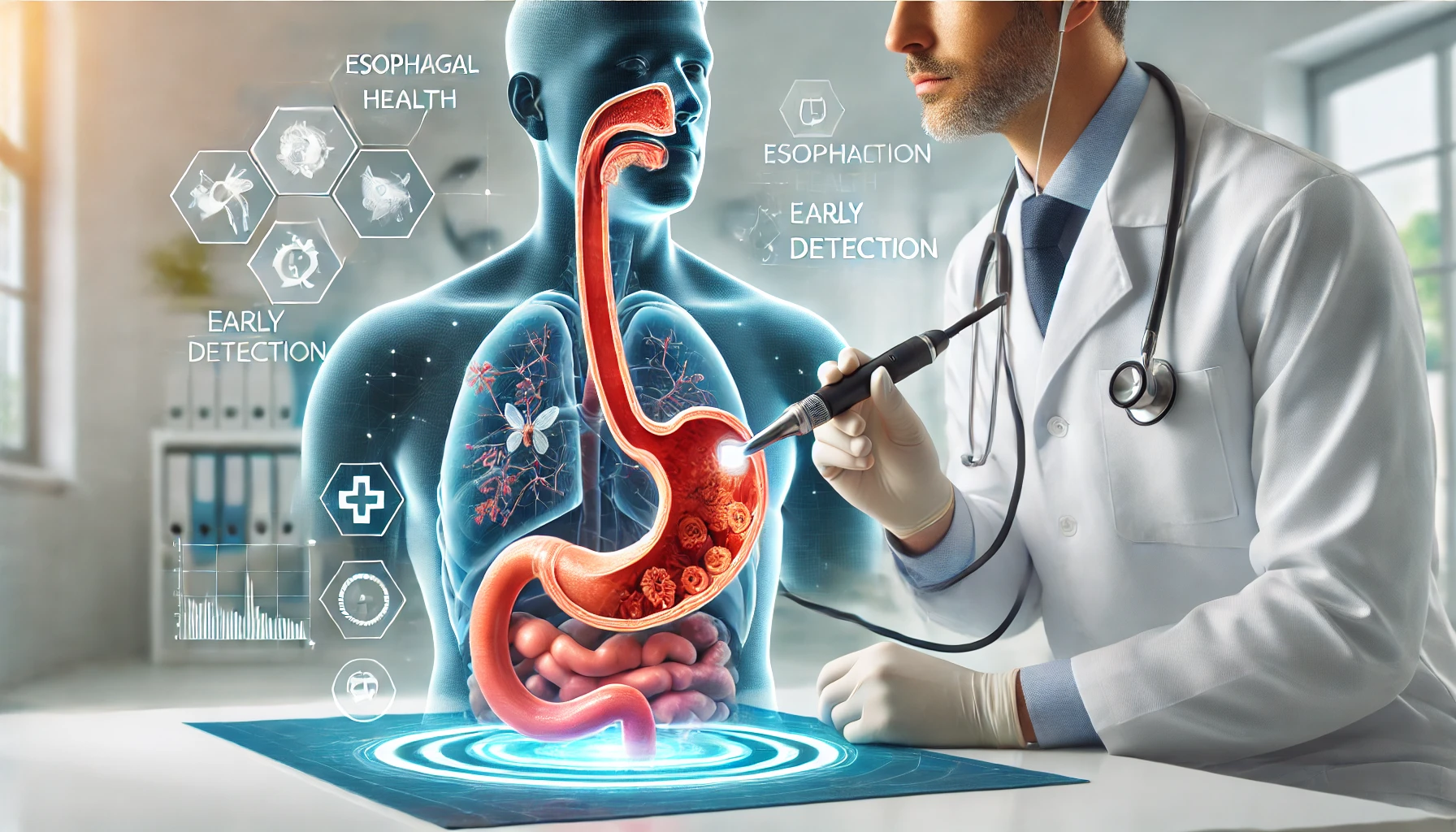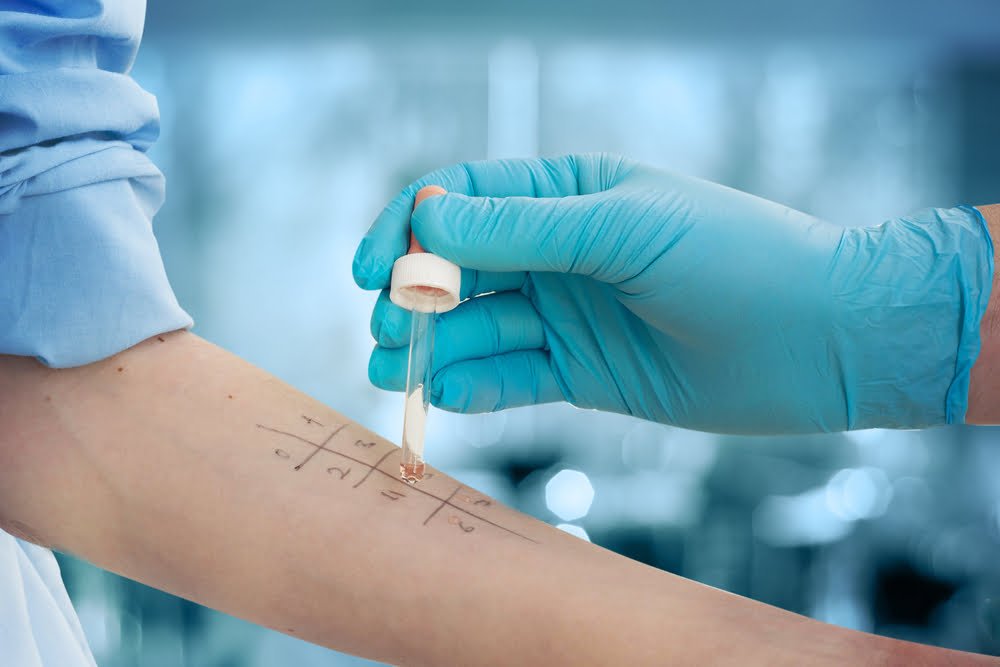Maintaining good esophageal health is crucial for overall well-being, as the esophagus plays a vital role in digestion by transporting food and liquids from the mouth to the stomach. Unfortunately, esophageal disorders can develop without noticeable symptoms in the early stages, making it critical to focus on early detection. Catching issues early can prevent severe complications such as cancer, esophageal strictures, or esophageal obstruction.
This blog will delve into the importance of early detection for maintaining optimal esophageal health, the key warning signs to look for, and how hydration can play a vital role in keeping your esophagus functioning well. We’ll also highlight the importance of consulting a healthcare professional when symptoms arise.
Why Esophageal Health Matters
The esophagus is a muscular tube that connects the throat to the stomach, facilitating the movement of food and liquids. While the esophagus is integral to digestion, it is also prone to several disorders, some of which can lead to serious complications if not detected early. Conditions affecting esophageal health include acid reflux, Barrett’s esophagus, esophagitis, and esophageal cancer.
Poor esophageal health can affect your quality of life, making it difficult to swallow, causing discomfort, and sometimes leading to severe complications if left untreated. Many of these conditions develop slowly, which is why early detection and regular monitoring are essential.
Common Esophageal Disorders
Esophageal disorders range from mild to life-threatening. Recognizing early symptoms and seeking medical intervention can prevent the progression of many esophageal diseases.
1. Gastroesophageal Reflux Disease (GERD)
GERD occurs when stomach acid flows back into the esophagus, irritating the lining. Chronic acid reflux can lead to inflammation, scarring, and even precancerous changes in the esophagus, known as Barrett’s esophagus. If GERD remains untreated, it can cause strictures, making it difficult to swallow, and increasing the risk of esophageal cancer.
2. Barrett’s Esophagus
Barrett’s esophagus is a condition in which the lining of the esophagus changes due to prolonged acid exposure, increasing the risk of esophageal cancer. Though it typically develops in people with chronic GERD, it can progress silently, making early detection crucial.
3. Esophagitis
Esophagitis is inflammation of the esophagus, often caused by acid reflux, infections, or medications. Left untreated, esophagitis can lead to ulcers, bleeding, or scarring of the esophagus.
4. Esophageal Obstruction
An esophageal obstruction occurs when something blocks the esophagus, either from a physical blockage, like a tumor or food, or due to narrowing (stricture) from scar tissue. Esophageal obstruction can cause significant difficulty swallowing, chest pain, and regurgitation. If you suspect an esophageal obstruction, seek medical help immediately.
5. Esophageal Cancer
Esophageal cancer often presents with few symptoms in its early stages, making it critical to catch signs like persistent difficulty swallowing, unexplained weight loss, or chest pain early. While it is more common in people with Barrett’s esophagus or GERD, it can also occur without these conditions, underscoring the importance of regular check-ups for maintaining esophageal health.
Importance of Early Detection for Esophageal Health
Early detection of esophageal conditions is key to preventing more severe complications, as many esophageal disorders progress silently. Regular medical check-ups, paying attention to early symptoms, and seeking timely care can help you avoid the long-term consequences of untreated esophageal conditions. Here are the main reasons why early detection is essential for esophageal health:
1. Prevents Complications
Detecting esophageal issues in their early stages can prevent serious complications such as strictures, esophageal cancer, or chronic esophagitis. Regular screening can catch conditions like Barrett’s esophagus before they progress to cancer, providing more treatment options and improving outcomes.
2. Allows for Less Invasive Treatments
Treating esophageal conditions early often requires less invasive interventions. For example, early-stage GERD may be managed with dietary changes and medications, while advanced cases may require surgery. Similarly, esophageal cancer detected in its early stages has a wider range of treatment options, including less invasive endoscopic procedures.
3. Improves Quality of Life
Chronic esophageal problems can significantly impact daily life by making it difficult to eat, sleep, or even breathe comfortably. Early detection allows for prompt treatment, which can relieve symptoms and improve your quality of life.
4. Reduces Healthcare Costs
Early detection can help reduce long-term healthcare costs by preventing the need for more complex treatments or surgeries later. Managing esophageal conditions early can save both time and money by preventing complications that require hospitalization or extensive medical intervention.
Signs and Symptoms to Watch for
Recognizing the early symptoms of esophageal issues is crucial for maintaining good esophageal health. If you experience any of the following symptoms, it’s important to consult a healthcare professional for evaluation:
- Frequent heartburn or acid reflux: Chronic acid reflux is one of the primary symptoms of GERD, and persistent heartburn should not be ignored.
- Difficulty swallowing (dysphagia): If you find yourself frequently struggling to swallow food or liquids, this could be a sign of an esophageal stricture or obstruction.
- Chest pain: While chest pain can have many causes, it may be related to esophageal issues, especially if it occurs after eating or while lying down.
- Regurgitation of food or liquids: Regurgitating food or liquids shortly after swallowing can indicate an obstruction or narrowing of the esophagus.
- Unexplained weight loss: Difficulty swallowing or chronic esophageal conditions can lead to weight loss due to difficulty eating. This symptom should always be investigated by a doctor.
The Role of Hydration in Esophageal Health
Hydration plays a crucial role in maintaining esophageal health, as it helps facilitate smooth swallowing, supports digestive function, and prevents dehydration-related issues that can exacerbate esophageal problems. For individuals with conditions like GERD or esophagitis, staying hydrated can also dilute stomach acid, reducing irritation in the esophagus.
Benefits of Staying Hydrated for Esophageal Health:
- Prevents acid reflux: Drinking water can help flush stomach acid back down into the stomach, preventing reflux that can damage the esophagus.
- Aids in digestion: Water supports the movement of food through the digestive system, reducing the risk of blockages or difficulty swallowing.
- Keeps tissues lubricated: Proper hydration helps maintain the elasticity and moisture of the esophageal lining, making swallowing easier.
- Flushes out toxins: Adequate water intake helps flush toxins from the body, which can reduce the risk of infections or irritants causing esophagitis.
Ensuring proper hydration is especially important for individuals with dysphagia or those recovering from esophageal surgery. If you’re experiencing frequent swallowing difficulties, consider sipping water throughout the day to help prevent complications.
Diagnostic Tools for Esophageal Health
To ensure the early detection of esophageal problems, healthcare professionals use several diagnostic tools to evaluate the esophagus and identify any abnormalities. These diagnostic methods allow for accurate assessment and early intervention:
- Endoscopy: An upper endoscopy is a common procedure used to examine the esophagus for abnormalities such as inflammation, strictures, or tumors. It involves inserting a small, flexible tube with a camera through the mouth to capture real-time images of the esophagus.
- Barium Swallow: This test involves swallowing a liquid containing barium, which coats the esophagus and shows up on X-rays. It helps detect narrowing, blockages, or abnormal muscle activity in the esophagus.
- pH Monitoring: For individuals with GERD-related symptoms, pH monitoring can measure acid levels in the esophagus over 24 hours, helping diagnose acid reflux and its severity.
- Esophageal Manometry: This test measures the strength and coordination of esophageal muscles during swallowing. It helps identify issues with muscle function that can cause dysphagia.
How to Maintain Good Esophageal Health
Preventing esophageal problems starts with maintaining healthy lifestyle habits. Here are some practical tips to support your esophageal health:
- Eat a balanced diet: Avoid foods and drinks that trigger acid reflux, such as spicy foods, caffeine, alcohol, and chocolate. Incorporate fiber-rich fruits and vegetables to support digestion.
- Stay hydrated: Drink plenty of water throughout the day to support digestion and keep the esophagus healthy.
- Avoid smoking: Smoking weakens the esophageal sphincter, increasing the risk of acid reflux and esophageal cancer.
- Manage stress: Stress can exacerbate GERD symptoms. Practice relaxation techniques such as yoga, meditation, or deep breathing exercises.
- Get regular check-ups: If you have a history of GERD, Barrett’s esophagus, or other esophageal conditions, regular check-ups are essential for early detection.
Conclusion
Early detection is vital for maintaining good esophageal health and preventing the progression of serious conditions such as GERD, Barrett’s esophagus, and esophageal cancer. Regular screening, paying attention to warning signs, and staying properly hydrated are essential steps to ensure the health of your esophagus.
For those experiencing esophageal problems such as dysphagia or regurgitation, it’s important to consult a healthcare professional for early diagnosis and treatment. Staying hydrated can also play a significant role in managing symptoms and supporting overall esophageal health.



